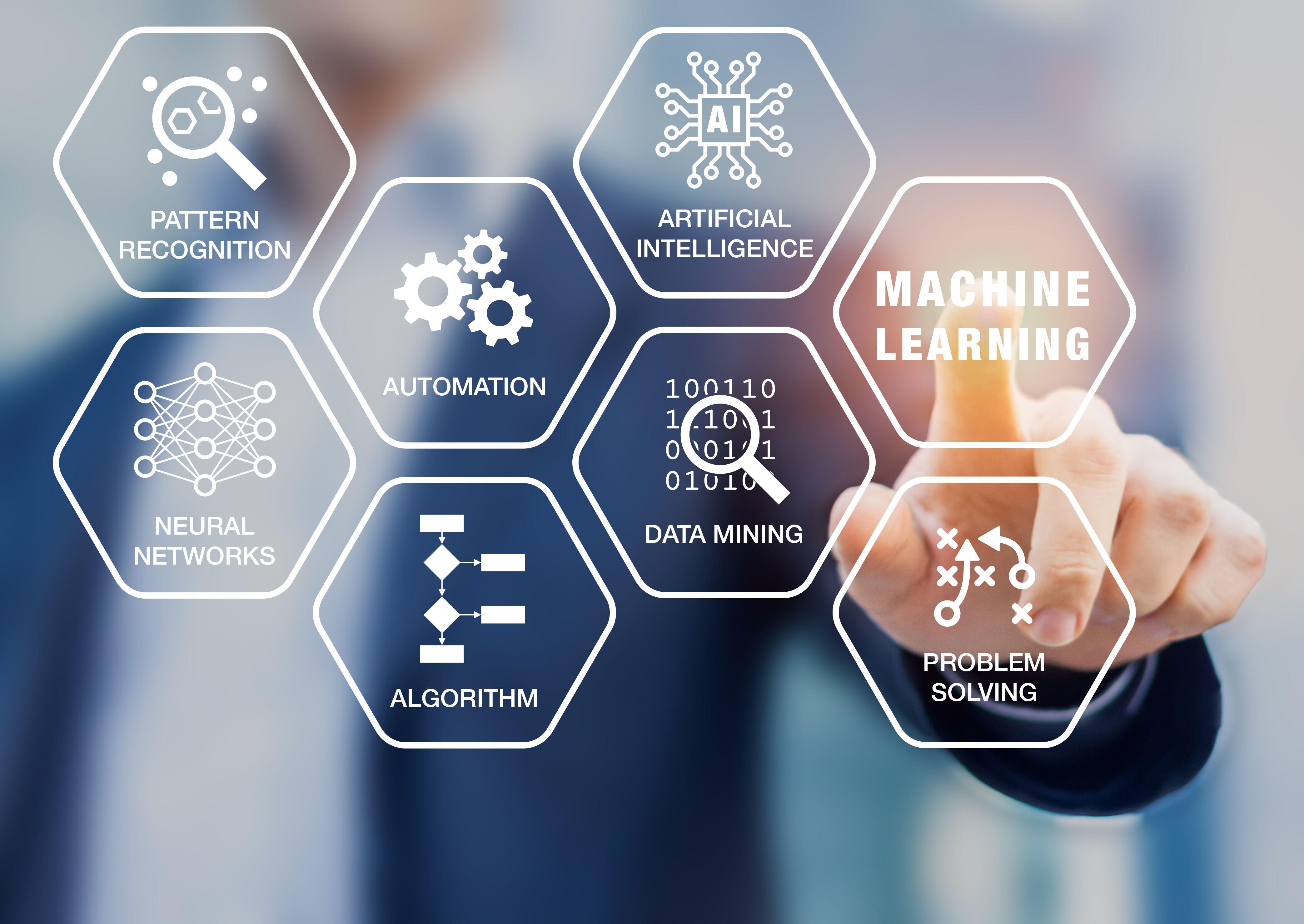Table of Contents
Introduction: Navigating the MedTech Intelligence Landscape
In the ever-evolving realm of healthcare, the integration of technology has become indispensable, giving rise to the term “medtech intelligence.” This paradigm shift combines medical expertise with cutting-edge technology to enhance diagnostic accuracy, treatment efficacy, and overall patient care. This article embarks on a journey to unravel the intricacies of medtech intelligence, exploring its applications, challenges, and the transformative impact it brings to the healthcare landscape.
Understanding MedTech Intelligence: A Multifaceted Approach
The Essence of MedTech Intelligence
At its core, medtech intelligence involves the utilization of advanced technologies such as artificial intelligence (AI), machine learning, and data analytics in medical practices. This synergy empowers healthcare professionals with unprecedented insights, paving the way for more informed decision-making and personalized patient care.
Applications Across Healthcare Sectors
MedTech Intelligence in Diagnostics
In the diagnostic realm, medtech intelligence revolutionizes the accuracy and speed of disease identification. AI-driven algorithms analyze medical imaging, enabling early detection of conditions ranging from cancer to neurological disorders. The integration of predictive analytics further refines diagnostic capabilities, foreseeing potential health risks before they manifest.
Treatment Personalization through MedTech Intelligence
Advancements in medtech intelligence usher in a new era of personalized medicine. By analyzing patient data, including genetic information, treatment plans can be tailored to individual characteristics, maximizing efficacy while minimizing side effects. This not only improves patient outcomes but also represents a significant stride towards precision medicine.
MedTech Intelligence in Surgical Innovation
The operating room sees a paradigm shift with the infusion of medtech intelligence. Surgical robots, guided by AI algorithms, enhance precision and minimize invasiveness, leading to quicker recovery times for patients. This convergence of medicine and technology exemplifies the transformative potential of medtech intelligence in the surgical domain.
Challenges on the Horizon: Navigating the Complexities
Data Security Concerns in MedTech Intelligence
As medtech intelligence relies heavily on vast datasets, ensuring the security and privacy of patient information emerges as a paramount concern. Striking a balance between accessibility for healthcare professionals and safeguarding sensitive data poses an ongoing challenge that demands innovative solutions.
Regulatory Frameworks and Compliance
The rapid evolution of medtech intelligence necessitates agile regulatory frameworks to ensure patient safety and ethical considerations. Striking a balance between fostering innovation and enforcing compliance remains an ongoing challenge that requires collaboration between industry stakeholders and regulatory bodies.
Future Horizons: Exploring the Uncharted Territories
MedTech Intelligence and the Internet of Things (IoT)
The integration of medtech intelligence with the Internet of Things (IoT) heralds a new era in healthcare. Connected devices, from wearable sensors to smart medical implants, enable real-time monitoring of patient health. This continuous stream of data facilitates proactive intervention and contributes to the ongoing optimization of treatment plans.
Collaborative Platforms in Healthcare
MedTech Intelligence fosters collaboration among healthcare professionals, breaking down silos and promoting interdisciplinary approaches. Integrated platforms that allow seamless sharing of patient data, diagnostic insights, and treatment plans enhance the continuum of care, fostering a holistic and patient-centric healthcare ecosystem.
Conclusion: The Ever-Evolving MedTech Intelligence Landscape
In conclusion, medtech intelligence stands as a beacon of progress in the healthcare landscape. From diagnostics to personalized treatment plans and surgical innovation, its impact is transformative. As we navigate the challenges and embrace the future horizons, the synergy between medicine and technology will continue to redefine healthcare, promising a future where precision, efficiency, and patient-centricity reign supreme.

